Internal project DigCompOSI
Digital Competences of Persons with Disabilities in the Republic of Serbia and Engagement in Online Platform Work – DigCompOSI

With around 5.2 billion users, the Internet represents a huge virtual labour market with an ample supply of telecommuting. The expansion of remote work platforms and the tendency of modern businesses to outsource part of their business operations to individuals in remote locations creates great potential for finding employment in this area. Apart from the virtual labour market, the Internet also creates tremendous opportunities for digital entrepreneurship. During the last couple of decades, an increasing number of startups have been launched thanks to the use of the Internet and the variety of business models it has created.
According to available data sources, it is estimated that about 730,000 people in the Republic of Serbia face some disability (physical, sensory, learning or concentration/intellectual disabilities). Of that number, only about 13% are employed. As a result of facing discrimination in employment, people with disabilities have a greater tendency towards long-term unemployment and complete withdrawal from the labour market. Consequently, this population segment has a significantly higher risk of financial poverty (23.7% vs 15.3% of people without disabilities) and material deprivation (11% vs 5.1%). In addition, people with disabilities face difficulties accessing and using digital technologies due to their unfavourable socio-economic status. The gap in terms of exclusion from the labour market and digital exclusion of people with disabilities has been particularly deepened during the current health crisis. In this context, the importance of creating conditions for the realization of an inclusive digital economy for people with disabilities is recognized by the International Labor Organization and the European Social Fund.
The expansion of new models of work through digital technologies requires the usage of software for online conferencing, online collaboration and cloud computing. However, ICT products and services are not developed on the principle of universal design. They are not easily accessible to people with disabilities, given that access to assistive technologies is lacking. Consequently, it is necessary to develop mechanisms to increase digital inclusion and employment of persons with disabilities in the online environment. Participation in virtual platforms for remote work and starting one's own ventures in the field of digital entrepreneurship gives equal opportunities to different categories of persons with disabilities to get involved and increase their chances for employment and generating their own income.
The aim of the project Digital Competences of Persons with Disabilities in the Republic of Serbia and Involvement in Working on Online Platforms - DigCompOSI is to identify and evaluate the gap between the level of digital competencies of persons with disabilities and competencies required to participate in virtual platforms and entrepreneurial ventures in the field of digital entrepreneurship.
Consequently, the Project contributes to the following:
- Promoting the Excellence of the Institute of Economic Sciences (IES) by strengthening researchers' competencies and improving scientific production in this still scientifically insufficiently researched area.
- Strengthening the IES Impact through organizing a public discussion (round table) and emphasizing the problems faced by people with disabilities when entering the online labour market.
- Strengthening the IES Impact through expanding and improving the network of partner institutions (organizations from the non-governmental sector).
- Considering that it represents a valuable input to the Erasmus+ KA220 ADU project, the Project also contributes to strengthening the IES Impact by increasing its visibility to international donors.
Project team members:
- Milena Lazić, project manager
- Valentina Vukmirović, senior researcher on the project
- Jelena Banović, a junior researcher on the project
Project outputs
Policy Reports
Policy Briefs
Scientific Publications in Journals and Proceedings from National and International Conferences
Note: The Institute of Economic Sciences funded the Project as a winning solution presented in an internal competition for founding IES researcher projects Nada22.

















